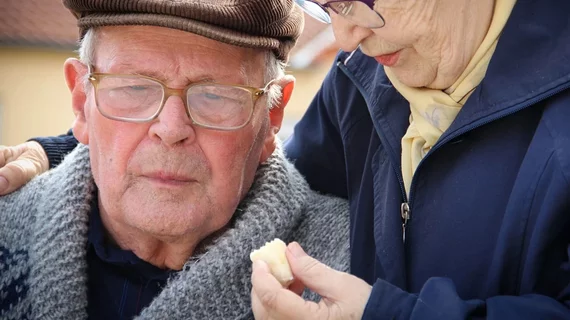Going by biomarkers of inflammation, taking care of aging or ailing loves ones is not detrimental to the caregiver’s own health and wellbeing. In fact, it may even make one healthier.
The counterintuitive finding comes from a study conducted at Johns Hopkins and published in the Proceedings of the National Academy of Sciences.
David Roth, PhD, director of the institution’s Center on Aging and Health, and colleagues tracked inflammation biomarkers in 239 family caregivers and 241 non-caregiving control participants over a nine-year stretch.
Using biomarkers of inflammation in blood samples as smoking guns for physiological damage from chronic stress, the team found both cohorts had only changes associated with normal aging.
The biomarkers they quantified were those known to correlate with clinical depression, suppressed immunity, heightened cancer risk and increased mortality.
In coverage posted by Johns Hopkins Medicine’s news office, Roth suggests extending oneself for an unwell loved one may, in fact, do the caregiver more good than harm.
“Family caregiving appears to have minimal effects on physical health for most caregivers,” he says, “and may even be associated with some health benefits similar to those sometimes attributed to volunteerism, such as a lower mortality rate.”

